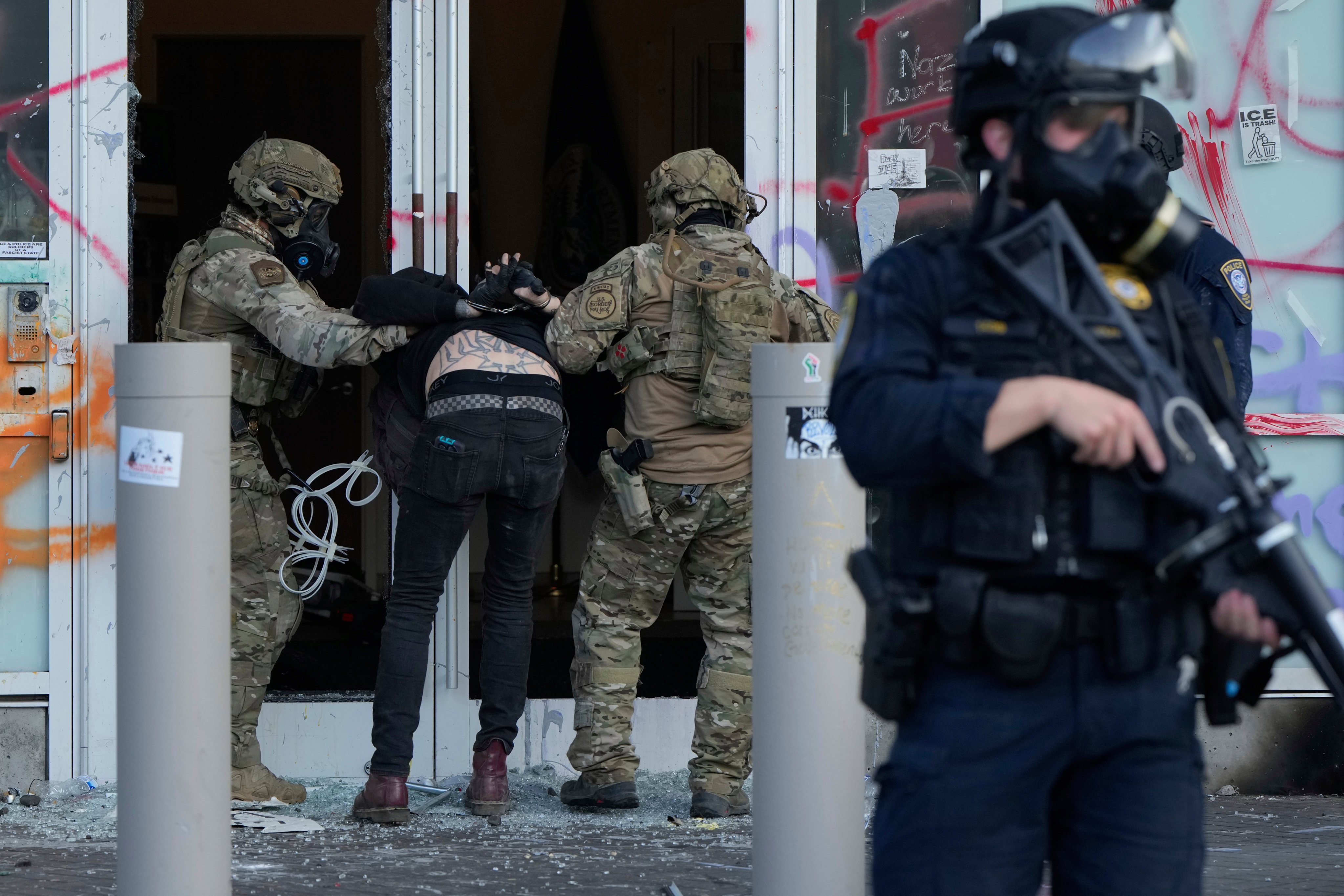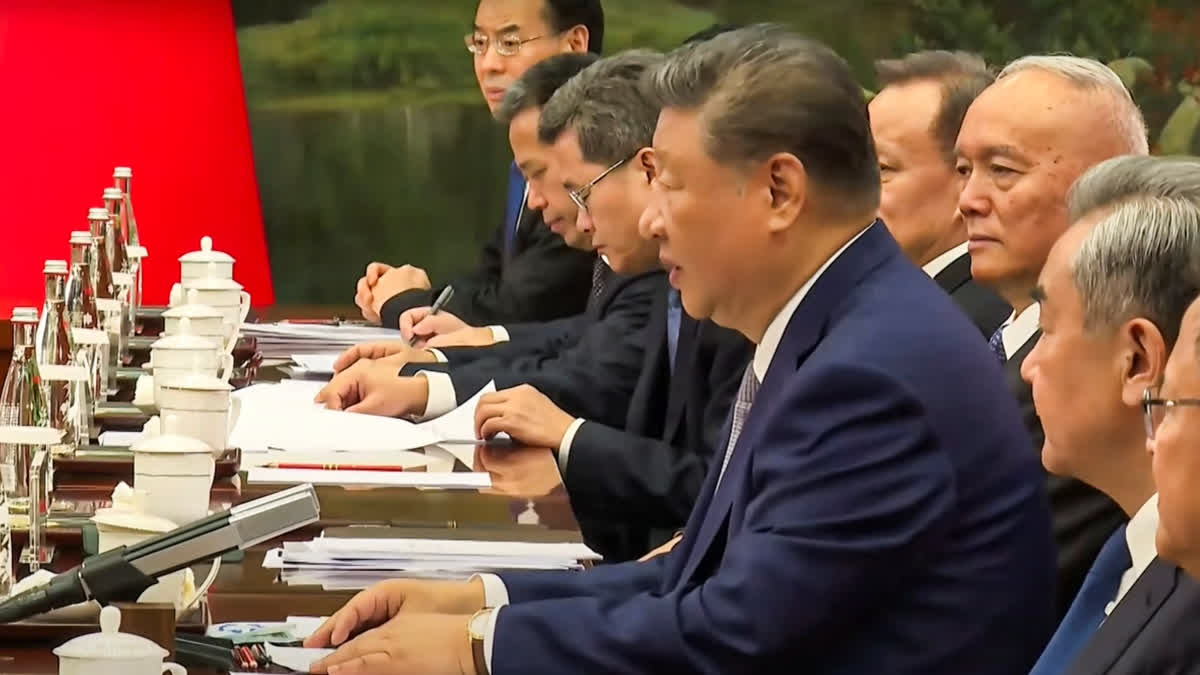A key suspect in the 2007 disappearance of British girl Madeleine McCann has been released from a German prison after serving time for an offense unrelated to the high-profile case. This development raises questions about ongoing investigations and the legal complexities surrounding one of the most widely reported missing persons cases in recent history.
Madeleine McCann vanished while on a family holiday in Portugal, sparking a global search and media attention that has endured for over 16 years. The case has involved multiple countries, law enforcement agencies, and a wide array of theories and leads. Despite numerous investigations and public appeals, her disappearance remains unresolved, leaving the world and her family searching for answers.
The release and its implications
The suspect, who had been serving a sentence in Germany for crimes unrelated to Madeleine McCann’s disappearance, was recently freed following the completion of the judicial term. Authorities have clarified that the release was procedural and not connected to any change in the investigation of the missing girl. Nevertheless, the timing of the release has attracted considerable media scrutiny and reignited public interest in the case.
Legal experts note that the separation of cases is critical in understanding the situation. The suspect’s previous conviction was handled independently of the McCann investigation, and the German judicial system operates under strict guidelines regarding sentence completion and prisoner release. While this may be a routine process legally, the high-profile nature of the Madeleine McCann case amplifies the public response and leads to renewed speculation about potential future actions by authorities.
Authorities in Portugal and the United Kingdom continue to pursue leads, examining evidence gathered over the years and coordinating with German counterparts where relevant. Interpol and other international law enforcement organizations remain engaged, supporting cross-border investigative efforts. The complexity of handling multiple legal jurisdictions, combined with the passage of time, makes the process both intricate and sensitive, particularly given the global attention on the case.
Current research and community attention
The case of Madeleine McCann’s disappearance continues to be one of the most well-known missing persons incidents in recent history. Public attention and media coverage have lingered due to the enigmatic factors of her vanishing, the participation of her family in advocacy efforts and public pleas, and the hurdles encountered by law enforcement in following international leads. Every update, such as the release of a suspect from a separate case, is scrutinized for its possible impact, even if it is not legally linked.
Researchers have stressed that the investigation is still ongoing and dynamic. Progress in forensic techniques, such as DNA examination, retrieval of digital information, and international cooperation in intelligence, offer optimism that new evidence might surface. Units dedicated to unresolved cases frequently examine clues years after the original inquiries, utilizing recent strategies to discover links that were not visible before. The investigators’ commitment is mirrored by the unwavering resolve of Madeleine’s family, who persistently seek answers and resolution.
The global media plays a dual role, keeping the case in public consciousness while also navigating the legal sensitivities of ongoing investigations. Responsible reporting ensures that speculation does not compromise evidence or legal proceedings, although public curiosity and social media commentary frequently challenge these boundaries. The release of a suspect, even in an unrelated matter, inevitably triggers renewed coverage and discussion about the broader case.
The broader context of high-profile missing persons cases
The McCann case showcases the difficulties associated with prominent missing person situations. Global media coverage, legal intricacies extending across nations, and the participation of various investigative groups can both assist and hinder the process of finding missing people. Coordination across countries necessitates careful dialogue, compliance with varied legal systems, and consideration of suspects’ rights during the pursuit of leads.
Situations of this nature also highlight the emotional toll on relatives, police authorities, and society. Ongoing doubt, continuous media focus, and public conjecture can influence psychological well-being and the capacity of families to mourn or find resolution. Support networks for families, encompassing therapy, legal advice, and advocacy groups, are essential in handling these extended and intricate situations.
The ongoing interest in Madeleine McCann’s disappearance has influenced investigative approaches globally, highlighting the importance of technology, international cooperation, and public engagement in resolving missing persons cases. Lessons learned from high-profile investigations often inform policies, training, and response strategies in subsequent cases, shaping the broader landscape of law enforcement and victim support.
A questionable outlook for the McCann family
Though the suspect’s release appears noteworthy in news stories, officials insist it does not impact the current state of the ongoing inquiry. Researchers persist in examining evidence, tracking leads, and collaborating with global allies in the quest for clear conclusions. The intricate nature of this case, which crosses several nations and encompasses years of records, demands persistent endeavor, precise attention to details, and a prudent alignment of legal regulations with investigative goals.
For the general audience, the situation stands as a reminder of the ongoing enigma and the continuous pursuit of justice. Support, awareness, and thorough reporting are still vital in keeping the unresolved disappearance in the spotlight. At the same time, legal systems must adhere to procedural standards while addressing increased examination from a worldwide audience, making certain that justice and proper legal process are respected simultaneously.
The freedom of the suspect emphasizes the difficulties of prominent investigations and the interaction between separate legal cases and current criminal probes. It underlines the necessity for effective dialogue among authorities, the media, and the community, ensuring that new information is comprehended within its context. While officials persist in their investigation, the promise to reveal the truth stays firm, showcasing the perseverance and resolve that have defined this case since Madeleine McCann’s disappearance.






